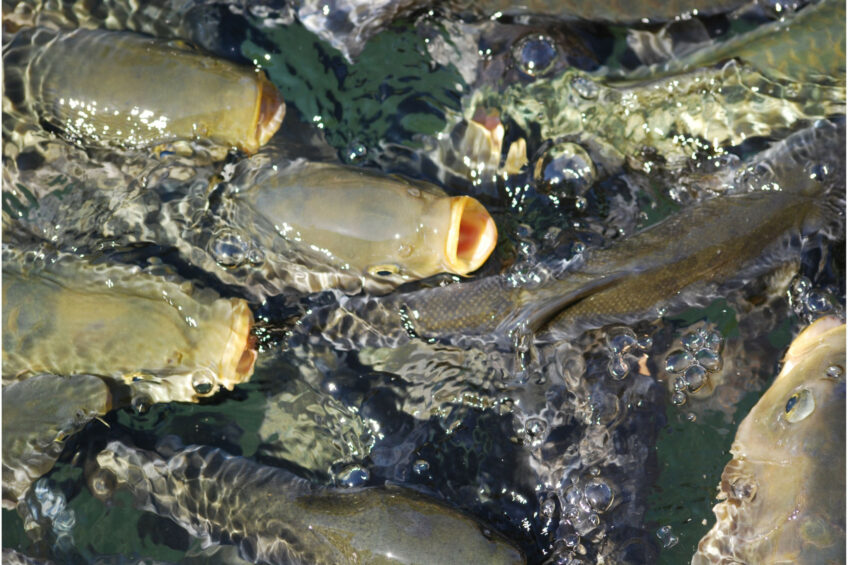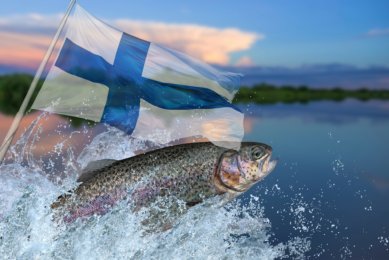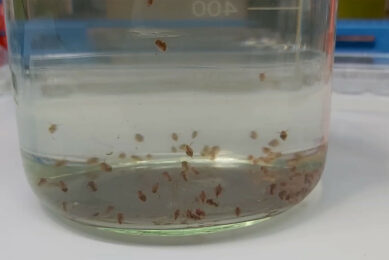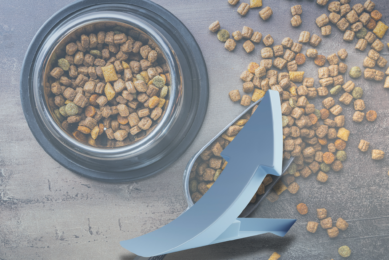Malaysian firm suspected of processing plastic into fish feed

Malaysian law enforcement agencies have discovered an illegal plastic recycling factory, which allegedly was packing secondary plastic products into bags labelled as fish feed. The Department of Fisheries urges fish farmers there is no reason to worry, though promising to conduct further investigation.
During a raid on a plastic recycling plant in Kuala Muda, Kedah, by the Department of Environment, authorities seized 100 tonnes of plastic pellets that had already been processed and packaged in plastic bags labelled as freshwater fish feed, the Department of Environment reported.
The news sparked fears over the quality of fish feed in the Malaysian market, which has been grappling with the problem of counterfeit feed for years. The package was stated to be similar to those used by PSJ Feed Sdn Bhd, a prominent fish feed manufacturer.
Not fish feed
In a follow-up statement, the Malaysian Department of Fisheries said that plastic pellets were never meant to be used as fish feed. “The packaging used resembles fish feed bags, causing confusion among farmers who mistakenly believed the plastic pellets were fish feed,” the government agency said in the statement.
The Department of Fisheries also emphasised that the recycling plant had no connection to PSJ Feed Sdn Bhd, a legitimate fish feed factory operating in Penang since 2022. Nevertheless, the authorities promised to initiate an investigation by sampling fish feed from PSJ Feed Sdn Bhd’s factory to verify its composition and make sure it contains no plastic.
Tighter control up ahead
Although the initial fears that plastic products were sold under the guise of fish feed have seemingly not materialised, the incident could have a far-reaching consequence for the state control on the Malaysian feed market.
The Department of Fisheries announced its collaboration with the Department of Veterinary Services and related agencies to enhance supervision of animal feed manufacturing operations, “ensuring no harmful substances are used in fish feed production”.
The agency has not provided any additional details, but market players hope the authorities will crack down on the illegal manufacturers still present in the supply chain.
“The Department of Fisheries advises aquaculture farmers to exercise caution and ensure that purchased fish feed products come from legitimate sources with recognised certifications,” the agency said in the statement.
The government agency also added that it consistently enforces and monitors fish feed factories to ensure compliance with safety and quality standards under the Animal Feeds Act 2009.











